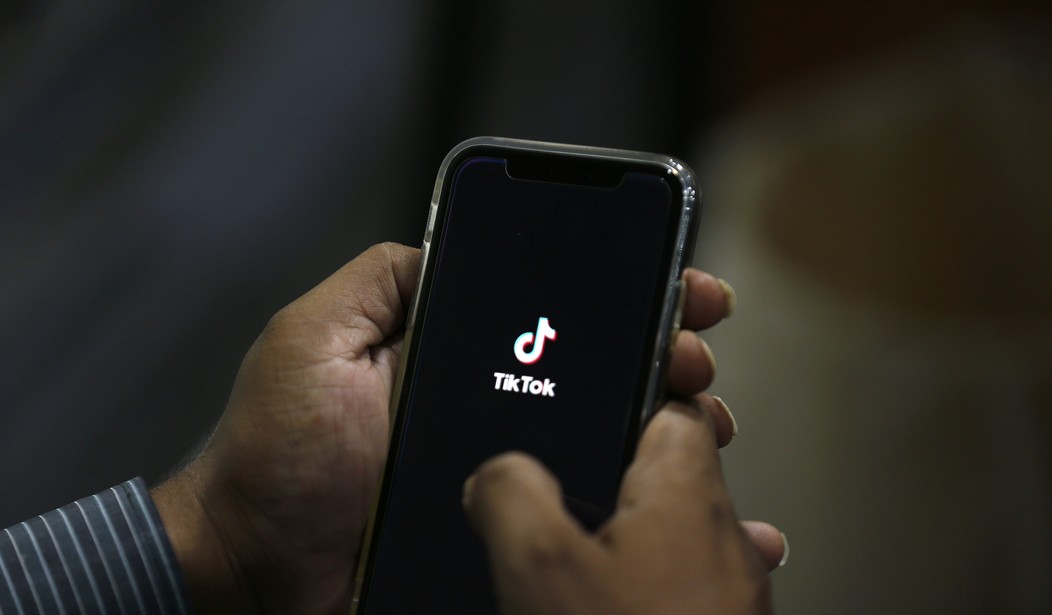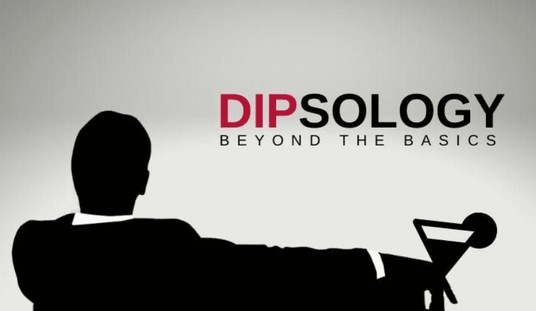I spend a lot of time analyzing humanity as a part of my job, and if there’s one thing I’ve concluded in my years of research and study it’s that we, as a species, do not understand how to deal with the effects of social media on our psyche.
Social media is an odd beast. It’s connected us more than it ever has before in human history in terms of communication, but as a result, it’s never made us more distant. Our lives being on display to millions of people has created unrealistic expectations. We feel the need to perform instead of living our lives, and as a result, we’ve become less ourselves than ever before. That distance from ourselves has driven us into levels of unhappiness that we as a species haven’t experienced.
Comedian Bo Burnam best summarized today’s predicament, especially for the millennial and Gen Z generations during a special very well, and ended by declaring that if have the opportunity to live our lives without an audience we should do it.
If it were only that simple. Today, much of our online performance is tied to our chances of being hired for a job in many areas. Some careers rely on going back through your LinkedIn profile, looking through your Facebook history or Twitter past, and more in order to consider if you have the right kind of personality or ethic to be hired. We are tied to our online personas more closely, and our online personas are oftentimes not who we actually are.
Some deal with that pressure to perform for everyone all the time better than others, but in many, it’s caused something of a reaction to the point of almost being considered a subculture.
Have you noticed the rise of people with “emotional trauma?” It’s a trend that appeared years ago and seemed to gain steam to the point of being a mainstream issue, sometimes fully embraced and sometimes half-jokingly talked about from everyone else in their early 40s on down.
The extremists take this emotional trauma angle to great lengths and diagnose themselves with all sorts of mental illnesses. They claim they have turrets, multiple personality disorders, extreme forms of anxiety or depression, and often paint themselves as victims of some sort of trauma. You’ll often find more of these examples in Gen Z, but it definitely started to gain steam under my generation, the Millennials.
As far as I can tell, and without professional studies from scientists and psychologists at this time, is that much of this seems like a defense mechanism. They have to perform, but they don’t want to have to perform, and as such they create these personas of victims that make them unquestionable and without fault. No matter what they do, they can’t be blamed. These personas take the pressure off, but ironically, it makes them perform even more.
Millennials themselves who did take it to extremes have become adults and now only reference these emotional traumas jokingly for the most part, but you’ll still see a lot of talk about emotional difficulties we suffer.
Previous generations oftentimes look down on Millennials for their focus on mental health, and Millennials oftentimes get mad at previous generations, and even blame them in part, for their current predicament.
The truth is, they’re both right, and they’re both wrong.
Millennials do have issues that previous generations have never had to deal with. We’re constantly bombarded with 24-hour news about the oncoming apocalypse that’s happening because of climate change, a singular politician, some distant dictator, a group of people, and much more. Social media has come with roving mobs that attack and destroy with little to no warning, and for little to no reason.
As I mentioned earlier, our generation was the first to be brought up on the internet, and as such, we were the first to be subjected to the “perform everything for everyone all of the time” mentality, causing us to experience psychological changes humanity wasn’t meant to at a very young age. To be sure, we do suffer an emotional issue that previous generations can’t understand.
The focus on mental health is a necessary thing for us and Gen Z.
However, one thing that older generations do have a point about is that the younger generations do have an over-reliance on their emotions. In order to perform for others, you have to pretend to care too much about one thing or another. Your words have to be chosen carefully so it doesn’t offend the sentiments of someone else. Moreover, our emotions being on display so much has made emotional damage a fully relatable thing, making it something of a currency in today’s day and age.
Our over-reliance on emotions is sinking our ship while we use it to power it.
The answer to this problem is more complex than many people yet understand, but the solid start is simply to do something we would consider heartless, and that’s to care less.
The truth is that many people only have so much care to give and we’re giving it all away on things that will never truly affect or benefit us. The biggest thing we need to care less about?
We desperately need to care less about what others think of us, and not to a point where we overcompensate and shock people for the sake of shock value, but just live our lives under the understanding that some people are going to hate us, some people are going to offended, and that’s perfectly fine.
We need to understand that we don’t have to perform and that who we are is who we are, and despite what some people are going to say on some network that allows for long-distance communication with people we’ll likely never interact with in real life, being who we are is just fine.














